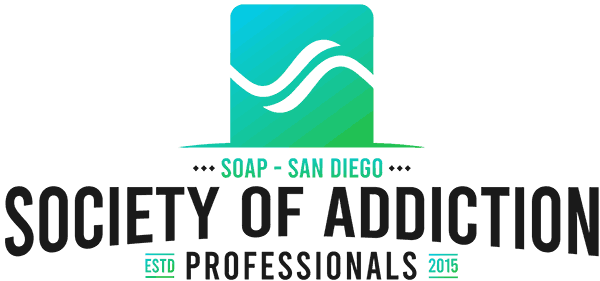Are you more tired than usual? Do you feel overwhelmed? So many people in mental health and addiction professions are suffering burnout. There are fewer resources and more needs than ever. Burnout is a real problem for people who work in industries that deal with people. Addiction and recovery professionals often feel a lot of stress but also a lot of reward for the work they do.
Understanding Burnout
COVID-19 is giving burnout to a lot of people in recovery. What does burnout feel like? For most people, burnout is a state of exhaustion. This exhaustion is not only physical but emotional and spiritual. If you’re feeling burnout, you may feel completely drained of energy. Your emotions may feel flat, and you may feel too tired to think. You may not realize it, but you’re also probably feeling completely overwhelmed.
Burnout can happen to anyone. But people in recovery should pay special attention to feelings of burnout. Being exhausted can cause stress, and stress is a significant factor for many people who fall into relapse mode.
If you’re feeling burned out by constant stress, you may feel disillusioned or hopeless right now. It may be hard to imagine living another way. But burnout won’t magically go away on its own. You’ll need to make some changes in your life to cope and rejuvenate.
Reducing Burnout During COVID-19
Right now, you may feel like every day is the same. You may be stretching yourself thin at work or making up for unemployment by throwing yourself into other tasks, such as doing 12-step work or service work at meetings. No matter what the case, during the COVID era, you run the risk of overdoing it. Every day can start to feel the same when there are few places to go or things to do outside of the home.
Tips to Cope With Burnout
- Find a daily release. When you were using alcohol or drugs, you made time in the day to get high. Now you can replace that time wit6h something that reduces stress. Consider making an evening walk or jog a permanent part of winding down for the day. Or, start your day with meditation and yoga.
- Limit your screen time. It may sound difficult, but studies show that increased screen time can reduce your sleep quality. Instead of texting people, try calling. A human voice can also help cheer up your day.
- Give your day more structure. This may mean planning your weeks out in a daily planner and setting reminder alarms on your phone. Set a list of small, achievable goals daily, and cross them out when you have accomplished them.
- Learn to slow down. You may be trying to do too much and make the most of your time in “lockdown.” Working too hard for too long can cause burnout. Make sure to break your day up into manageable chunks, and take breaks even if you’re working from home.
- Take a break from junk food and caffeine. When you’re dealing with stress, your body feels it. You need nourishment and healthy amounts of lean protein, grains, fruits, and vegetables. If you’re powering your body with sugar, caffeine, and nutrient-free food, you’re going to burn out more quickly. You won’t be able to refuel for the next day properly.
- Don’t go to bed angry. If you’re mad, you might have trouble sleeping. Resolve anger before you hit the pillow, even if that means calling a friend and venting or journaling until you get tired.
Networking to Prevent Burnout
Life is hard for people in every industry right now. With the uncertainty of the future, many recovery professionals are stretched thin and working with fewer resources. You’re not alone and you can’t take things on alone, either.
When you’re helping others in recovery, you can easily take on their problems as your own. Meet others who do the work you do and learn how they cope with the COVID era and innovating change. Join one of our free online meetings to learn more about our organization and our networking or education events.

